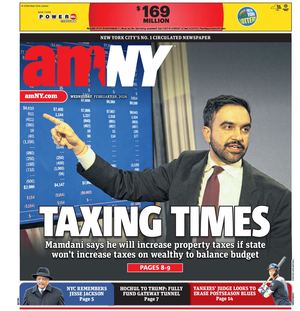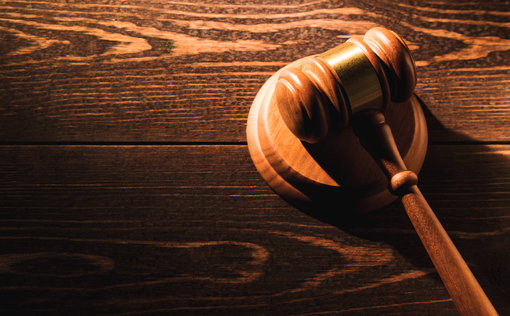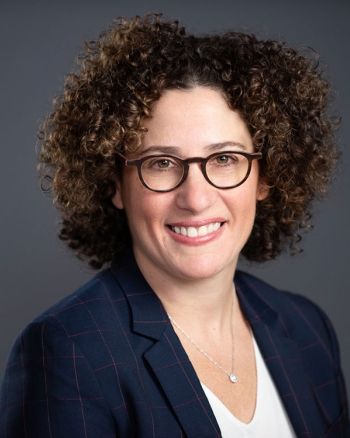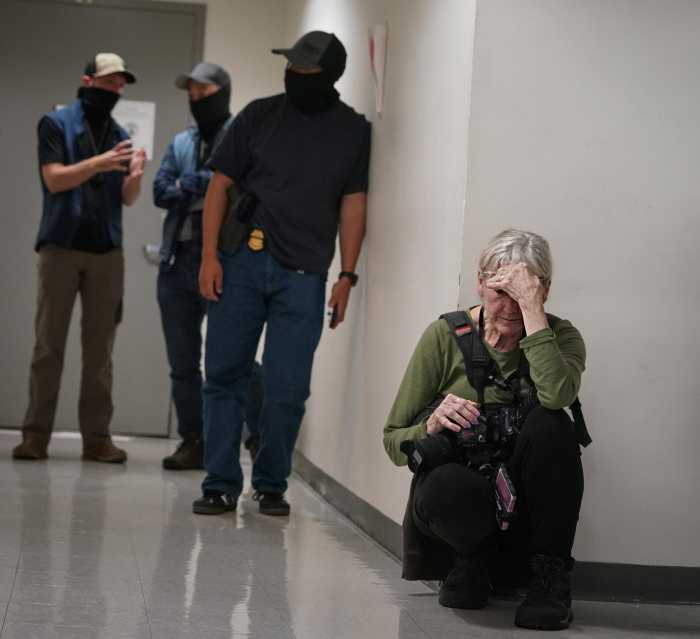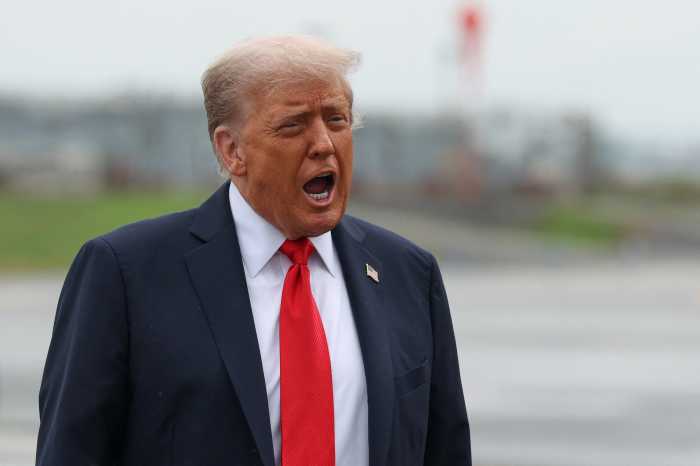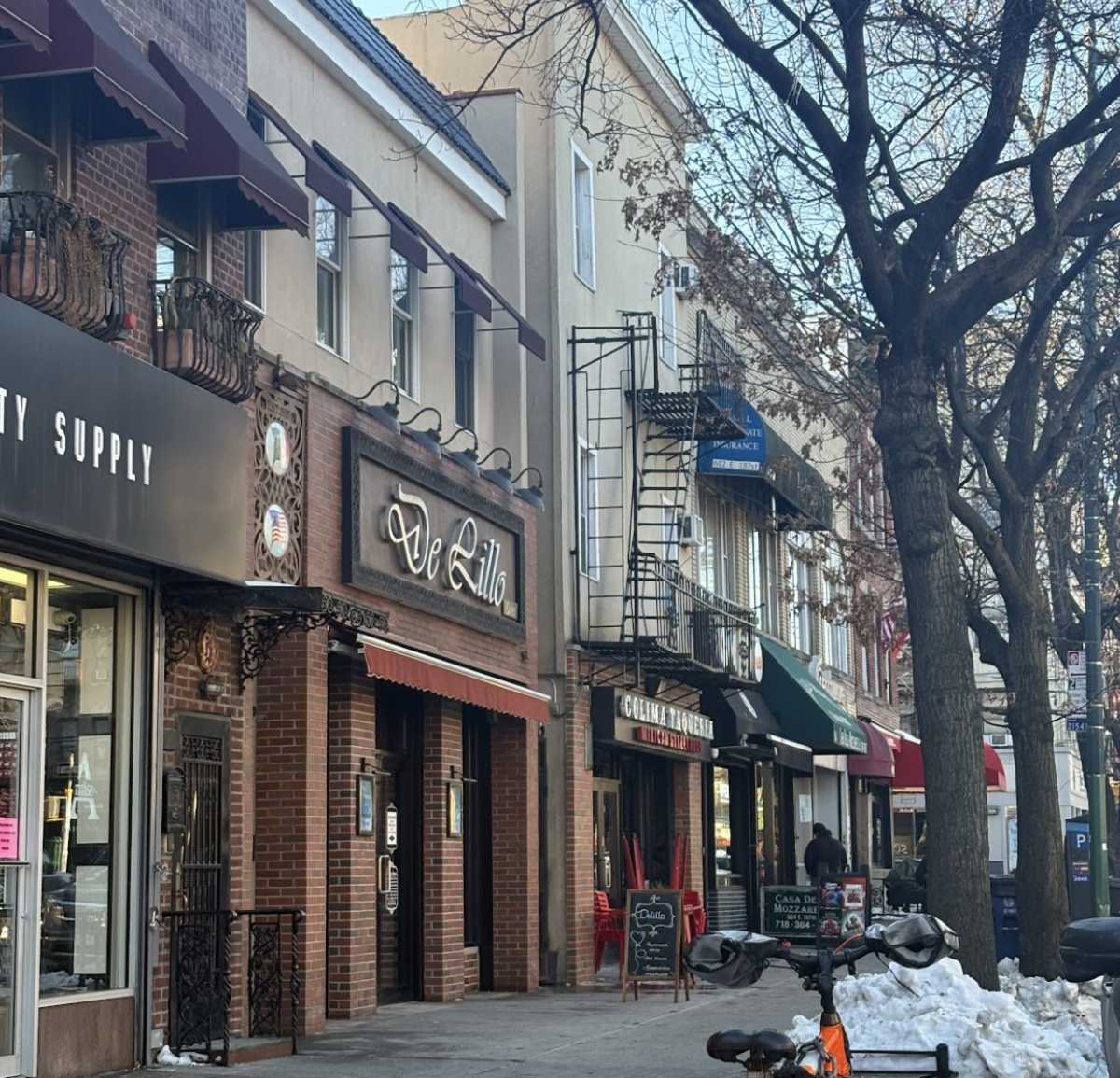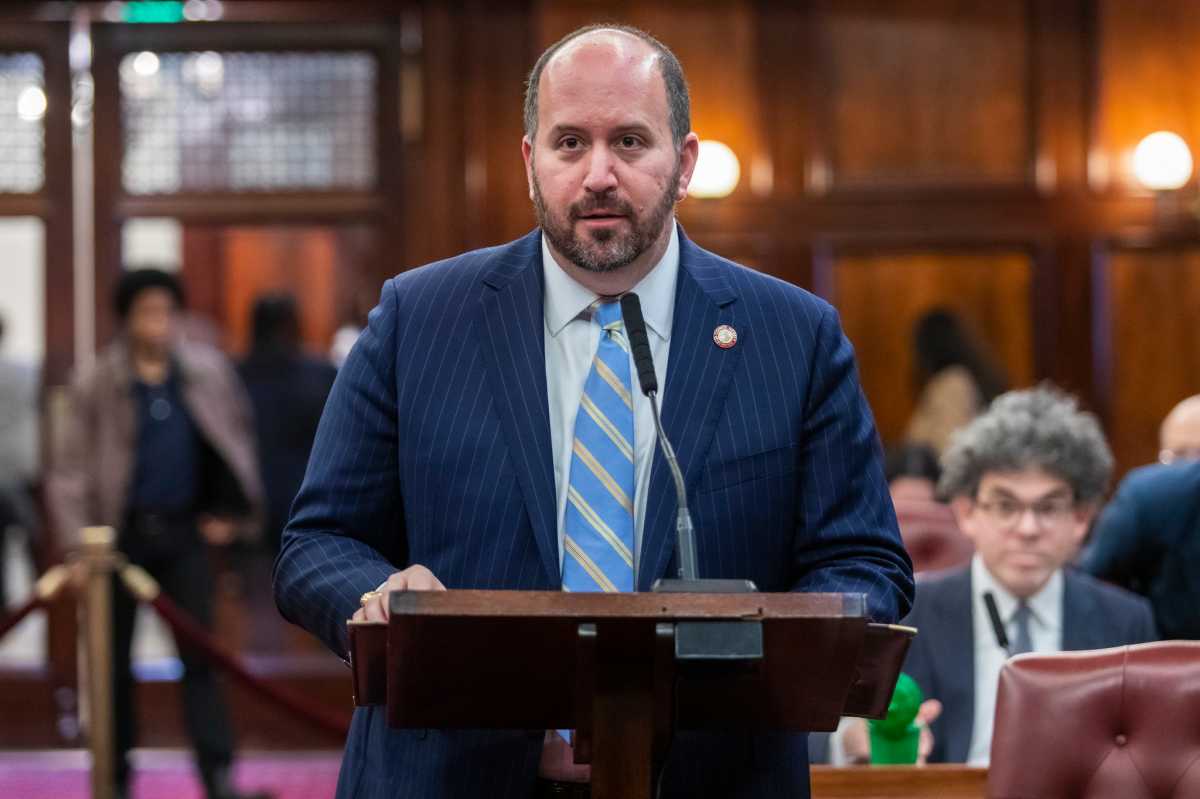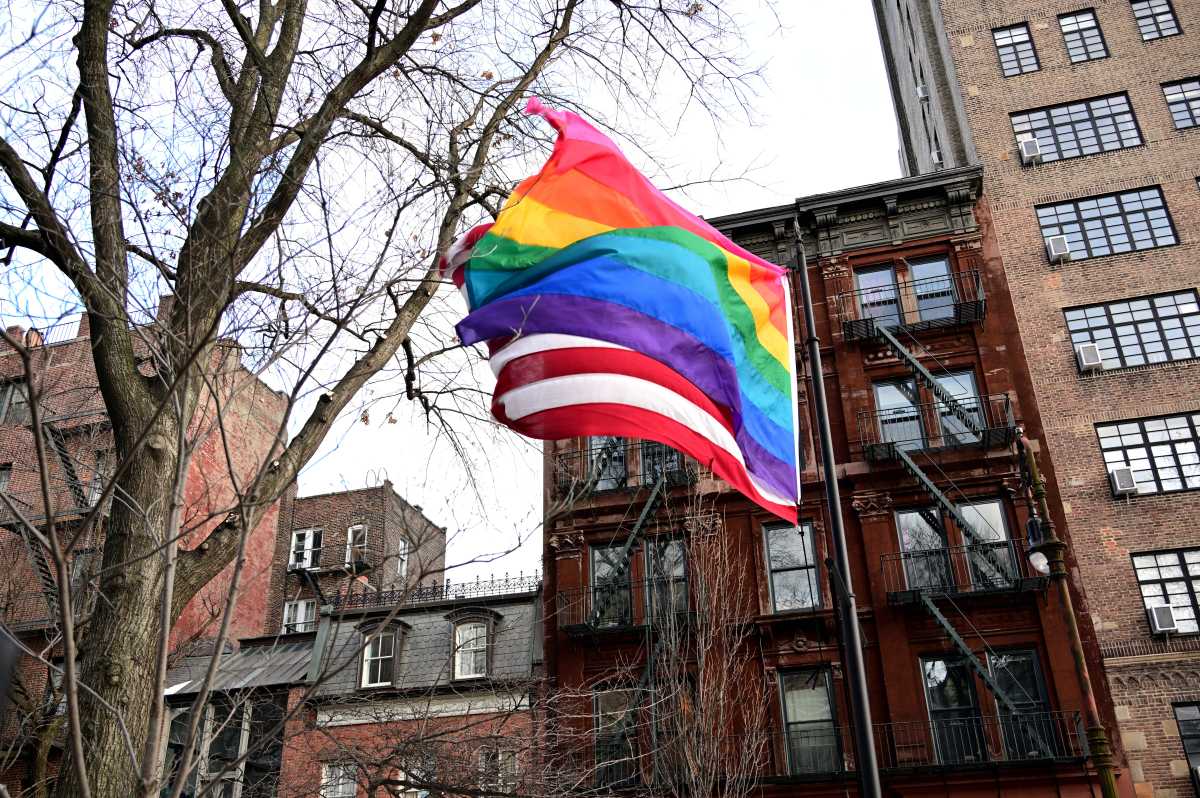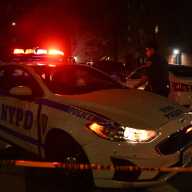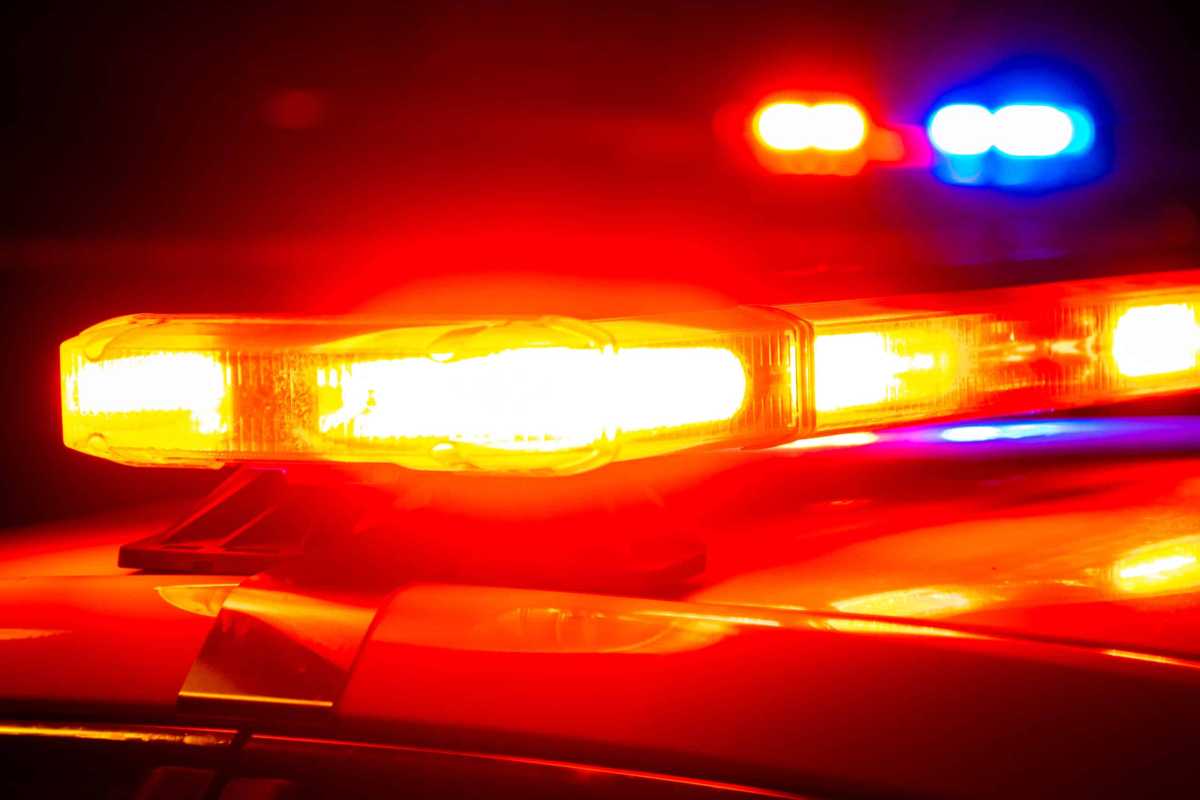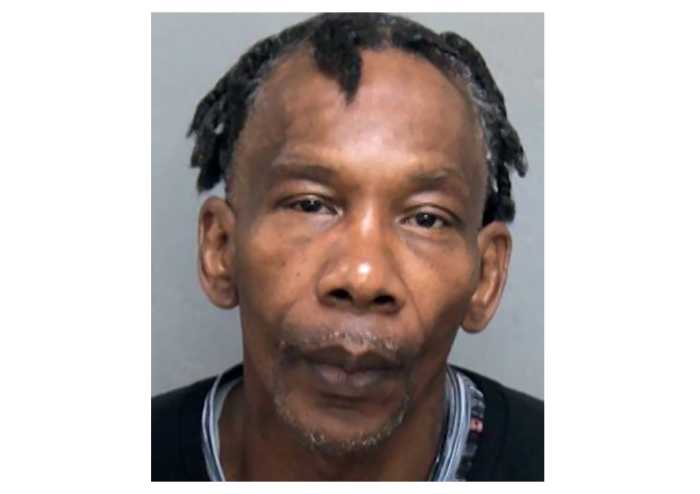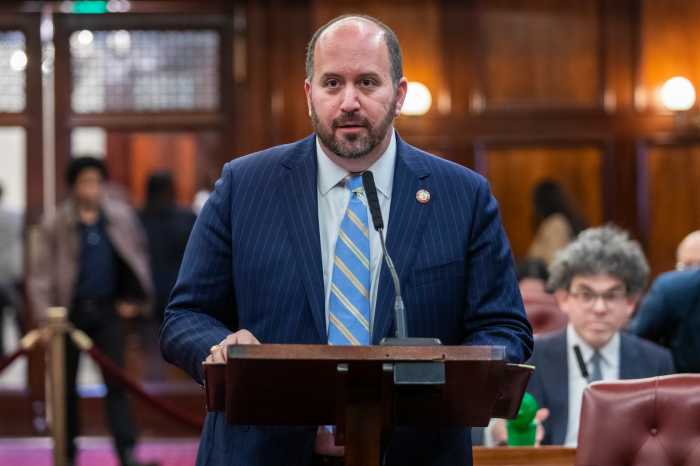President Donald Trump’s ongoing offensive against elite law firms he charges have “weaponized” the justice system against him has thrust bar associations onto the frontlines in what experts deem a threat to the legal profession’s independence.
“We’re just seeing the beginnings… of a fierce resistance by the organized bar all over the country, not just in New York where we’re seeing a lot of it,” said Bennett Gershman, a constitutional law professor at Pace University. Through the bar associations “Lawyers are stepping up.”
In a series of executive orders over the past month, Trump has severely restricted the ability of several white shoe law firms to transact with the federal government. Many of the firms had hired lawyers who as former prosecutors worked on investigations or lawsuits against him during his first presidential term or in his business transactions.
Trump’s campaign has so far split the legal industry between those that want to fight against the commander-in-chief and those that want to strike a deal. Bar associations have stepped into this sense of uncertainty to defend against what they deem to be the president’s attacks on the rule of law.
The New York City Bar Association joined a group of dozens of bar and other legal associations across the country to condemn Trump’s orders targeting law firms, arguing that they “violate fundamental principles of our legal system and undermine the right to counsel, the independence of the legal profession and the rule of law.”
The New York State Bar Association has also condemned the threat to the independence of the legal profession.
“When our government vilifies lawyers and law firms for representing causes that the administration despises, our system of justice is undermined. If all members of our society do not have access to justice, there is no justice,” President Domenick Napoletano said in a statement.
As trade organizations aimed at advancing and regulating the profession, bar associations form a practical smokescreen from an executive who is looking to single out individuals as an example, legal experts said.
“Bar associations can rifle the resources and shield the individual law firms and lawyers,” said Gloria J. Browne-Marshall, professor of constitutional law at the John Jay College of Criminal Justice.
Though the associations have made their voices heard, it remains to be seen what concrete steps come next. Gershman said he expects to see lawyers involved in mass demonstrations and “organize together in a unified coherent crusade against tyranny.”
The law scholars contacted by amNY Law all agreed Trump’s executive orders — which have stripped firms of their federal security clearances and prevented lawyers from entering federal buildings — raise serious constitutional issues over the right to counsel and due process. Where they differ is on the question of how the legal community should respond. So far three powerful law firms have sued the administration to stop those orders.
“Whether they capitulate or they fight, there’s a chilling effect that is extremely disturbing, and it’s a flex of power that’s completely inappropriate in our democratic system. But that said, I am a little bit less sure about what the right move is for these firms,” said Rebecca Roiphe, a former prosecutor and a New York Law School professor. “I think everybody could agree, and I’m absolutely sure Brad Karp [Paul, Weiss’s chairman] does too, that this is extremely bad and destructive and dangerous for democracy as a general matter, but how we fix it is another question.”
On Friday Jenner & Block and WilmerHale, sued President Trump to stop executive orders they say will impair their ability to represent clients. These major law firms join Perkins Coie who was the first to launch such a lawsuit, while others like Paul, Weiss, Rifkind, Wharton & Garrison and Skadden Arps, Slate, Meagher & Flom have cut deals to win over the president.
Trump announced last week that he had overturned his executive order targeting Paul, Weiss, after the firm reportedly agreed to provide the administration with $40 million in pro bono legal work and to eliminate diversity equity and inclusion consideration from its hiring practices.
If Paul, Weiss, with a reported revenue of more than $2.6 billion last year, according to Law360, cannot marshal the resources to take on the Trump administration, then what does that mean for small and medium-sized firms, Browne-Marshall said
“It was meant to send a message to the rest of the law firms. That not only will you lose clients, but you will come begging in the end,” said Browne-Marshall. “To give $40 million over to this administration, I think, also sends a horrific message.”
Other legal experts hesitated to assert that there is a clear ethical imperative for law firms to engage in a fight against the Trump administration. Big law firms after all are businesses with fiduciary responsibilities to their clients. If a presidential administration is putting their bottom line in jeopardy, their obligation is to survive, they argue.
“I don’t think lawyers have a broader ethical obligation to in some ways prevent what is an awful political situation,” Roiphe said
Roiphe added that she supports the bar association’s advocacy but is worried that in some cases where bar associations have staked out a reputation for being left-leaning it might come off as overly partisan.
“There’s been some damage done with these institutions being so closely associated with liberal, left-wing ideology. And I think that that in some way undermines their credibility in situations like this,” Roiphe said. “You can’t have one party be the party of the elite and then expect that their expertise is going to somehow save us.”
As bar associations encourage a greater pool of law firms to challenge President Trump’s orders in courts, the cases that individual law firms bring will await the judgment of the U.S. Supreme Court, which Gershman said is a cause for more uncertainty.
“Whether the judges continue to stand up — whether the Supreme Court is an obstacle to Trump or an enabler — we don’t know yet,” he said.
The bigger question for Roiphe is whether the public is as concerned as those in the legal industry about what an eroding rule of law means for individuals. Fundamentally the democratic process is the way that the American public will have to address Trump’s actions, she said, “assuming that there is a free election, that the American public is paying attention.”
The legal scholars said they hope to convey how the dangers to the legal profession are not unique to elite law firms, but extend to the average American citizen.
“Lawyers are indispensable to create a barrier between you and the government, to protect you and your own interests,” Gershman said. “Whether they’re interests in property or interest in your liberty. It’s the lawyer who will stand up for you in court and protect you from the injury that could happen to you.”
